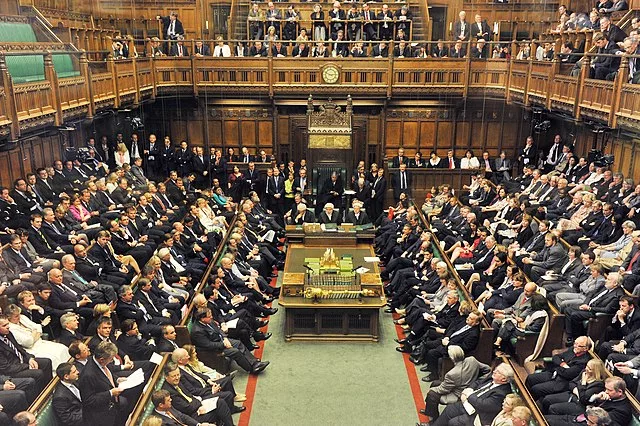After having clarified the basics – how elections in the UK work and looking ahead at who will be the next Prime Minister – this week’s article will look back at recent history. Specifically, this article will explain both parties’ recent scandals, which are paramount to understanding their standing today. First, since the Brexit vote the Conservatives replaced five leaders – Cameron, May, Johnson, Truss, and Sunak – in what was described as an implosion. Second, Labour’s Corbyn-antisemitism scandal.
The Conservative Party has governed Britain since 2010 – 14 tremulous years around the globe. The Arab Spring, democratic backsliding, the Trump presidency, and the Ukraine War are some of the major events that shaped where we are now. Another major contender, especially in this country but not exclusively, is Brexit. In 2016 Cameron called a referendum, believing he could win and “put the issue to sleep”. However, to his surprise, after some of his closest Conservative allies campaigned against him, he suffered a narrow defeat – and resigned. The Brexit vote and consequent resignation of Cameron sent the Conservative Party into a tailspin, which it is yet to entirely recover from.
May followed Cameron as PM and served for three years (2016-2019), attempting to find an acceptable Brexit deal. However, upon failing to pass her plan in Parliament three times, and in the process losing the support of her party, she resigned. Then came the controversy-riddled Johnson, whose tenure included illegally shutting down Parliament (2019) and corruption allegations (2022). But what eventually brought him down was “Partygate” – a series of illegal parties in 10 Downing Street during Covid-19 lockdowns. As a result, Johnson resigned (July 2022) and was replaced with Truss, who resigned 44 days later after causing an economic crisis through massive tax cuts and borrowing. Finally, Sunak became PM (October 2022), and although he has not achieved all his goals, he has at least held onto his seat so far.
Second, Labour’s antisemitism scandal (2016-2023). Under Corbyn’s leadership, Labour dealt with a list of scandals regarding antisemites in its ranks and improper handling of antisemitism complaints. Importantly, Corbyn himself was repeatedly accused of antisemitism, in addition to claims of antisemitism among his supporters. After Corbyn lost the 2019 general election, Starmer replaced him as leader in April 2020, and, later the same year, the Equality and Human Rights Commission (EHRC) completed an investigation into multiple antisemitism accusations against the Labour Party. The investigation concluded Labour acted illegally and charged it with three counts: harassment, political interference in complaints, and lack of training on antisemitism. While Starmer apologised and vowed to change the party’s ways, Corbyn rejected the findings and claimed they were politically motivated.
Corbyn’s reaction, seen by many as proof of his antisemitism and the need for substantial change within Labour, led to his suspension from the party (which made him an independent Member of Parliament). Furthermore, in February 2023, Starmer announced that Corbyn would not be allowed to run as a Labour candidate in the upcoming general elections. The same month, it was decided that Labour’s implementation of change in regard to antisemitism was sufficient to take it out of the EHRC’s special measures.
To understand the current election, we ought to understand the things that shape them more than anything – including recent controversies. These events caused great ripples that shook the parties’ electoral bases and perception of them. Be sure, many voters will have them in mind when casting their ballots.


